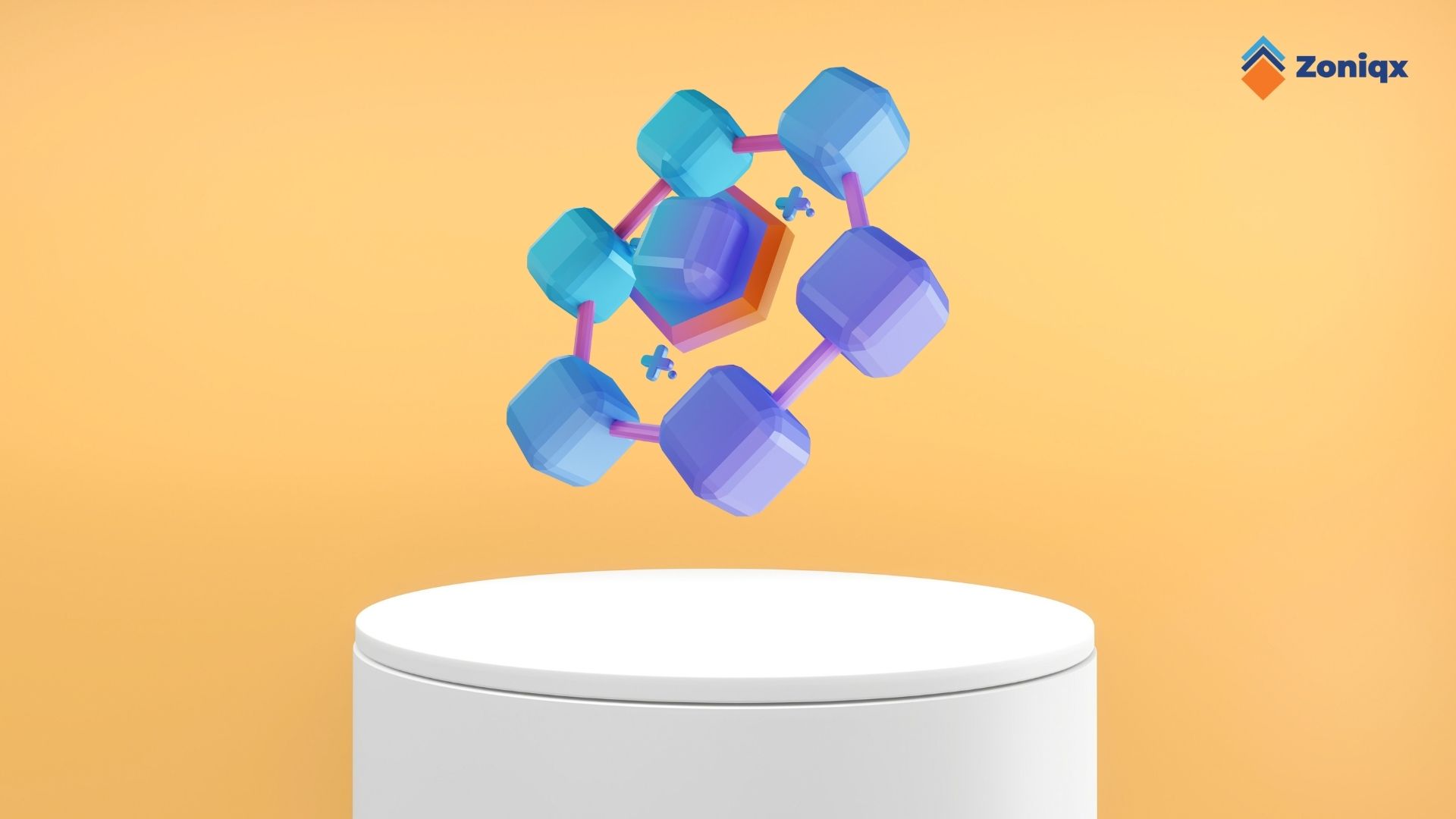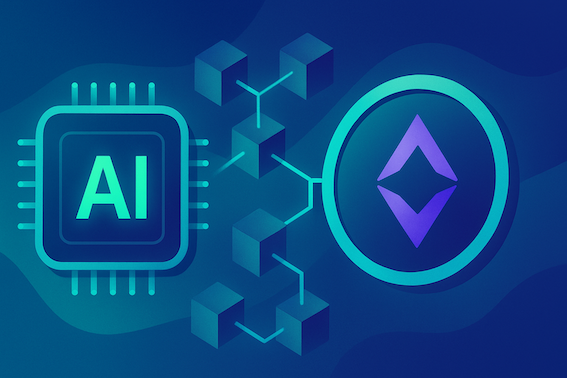Tokenization of Bonds and Stocks in 2025: 20 Questions You Need to Ask
Introduction
The world of finance is undergoing a quiet revolution—and it’s powered by blockchain. From major banks issuing digital bonds to private equity giants tokenizing fund shares, the concept of tokenization is quickly moving from buzzword to business model. Tokenization involves turning real-world assets like stocks and bonds into digital tokens on a blockchain, enabling more efficient trading, ownership, and settlement. For both institutional and retail investors, it promises unprecedented accessibility, liquidity, and transparency.
Whether you’re a curious investor, an asset manager, or a tech enthusiast, these top 20 FAQs offer a comprehensive overview of how tokenization is transforming the capital markets—and how companies like Zoniqx are helping drive this change forward.
1. What does tokenization of bonds and stocks mean?
Tokenization refers to the process of converting ownership rights in traditional assets like bonds or stocks into digital tokens on a blockchain. These tokens can then be transferred and settled peer-to-peer in real time, enabling faster, more secure, and often cheaper transactions.
2. What are the main benefits of tokenizing these assets?
Tokenization brings benefits such as real-time settlement (T+0), fractional ownership, 24/7 trading, improved transparency through blockchain ledgers, and access to global investors without traditional intermediaries.
3. Who is using tokenization today?
Many prominent institutions such as UBS, Goldman Sachs, HSBC, JPMorgan, KKR, and Franklin Templeton have either executed pilot projects or are in the process of implementing them. Other governments such as the World Bank, EIB, and Hong Kong have also started exploring or issuing bonds that are tokenized.
4. How does Zoniqx support the tokenization of bonds?
Zoniqx enables issuers to onboard, tokenize, and manage bonds on blockchain through its integrated suite of tools including TPaaS (Tokenization Platform as a Service) and DyCIST. These platforms streamline everything from regulatory compliance and digital identity to automated issuance and lifecycle management.
5. How can Zoniqx help tokenize publicly or privately held stocks?
Zoniqx supports equity tokenization by offering tools that digitize ownership records, manage corporate actions via smart contracts, and enable compliant secondary trading. It has capabilities for private equity tokenization and is building pathways for public stock tokenization as regulatory clarity improves.
6. What makes Zoniqx different from other tokenization platforms?
Zoniqx brings deep expertise in digital securities and regulatory tech. Unlike many platforms that focus only on issuance, Zoniqx offers end-to-end lifecycle management—from KYC/AML onboarding to automated distributions, transfers, and auditability—all aligned with jurisdiction-specific regulations.
7. Can Zoniqx help institutions scale their tokenized offerings globally?
Absolutely. Zoniqx partners with leading blockchains and infrastructure providers to support global reach, regulatory alignment, and liquidity enablement. It aims to unlock multi-billion-dollar issuance pipelines by streamlining cross-border onboarding and access to tokenized capital markets.
8. What’s the difference between tokenized bonds and traditional ones?
A tokenized bond operates the same way a traditional bond does (debt instrument that pays interest), however, it is issued and traded on a blockchain, which provides quicker settlement, more transparency, and the possibility for fractional ownership.
9. Is stock tokenization already happening on a large scale?
Not at this moment. Current activity is primarily directed towards private equity and funds. Publicly listed companies face regulatory and structural obstacles. However, this is likely to accelerate after 2025.
10. What role does blockchain play in tokenization?
Blockchain offers an immutable, transparent, and distributed ledger that records ownership, transfer, and execution of contracts autonomously. This eliminates intermediaries, lowering settlement time, costs, and counterparty risks.
11. Which blockchains are used for tokenization?
Ethereum, Tezos, Stellar, Polygon, as well as private ones like Hyperledger Fabric, R3 Corda, and Canton are used by institutions. Each has specific requirements when it comes to compliance, privacy, performance, and ecosystem, which is what determines the choice.
12. Is tokenization legally recognized?
In certain jurisdictions, such as Luxembourg, Switzerland, and Germany, tokenization is legally recognized. Many other countries including the U.S and Hong Kong are piloting or adjusting regulations to accommodate tokenized securities.
13. What types of investors can buy tokenized bonds and stocks?
Tokenization opens access to both institutional and retail investors, though eligibility depends on local regulations. Fractional ownership means smaller investors can participate in previously inaccessible markets.
14. Are there risks in tokenized securities?
Yes. These include smart contract bugs, regulatory ambiguity, lack of liquidity in early-stage platforms, and cybersecurity concerns. However, institutional adoption and improved standards are mitigating many of these risks.
15. Can tokenized securities be used as collateral?
Of course. Tokenized assets, unlike traditional assets, can be rapidly transferred for immediate use in lending or DeFi protocols, which greatly enhances capital efficiency. This aspect is known as collateral mobility, a key advantage of tokenized assets.
16. How does tokenization affect liquidity?
Tokenized assets are more liquid due to 24/7 trading, fractionalization, and easier peer-to-peer transfer. However, actual liquidity depends on market demand and exchange integrations.
17. What are examples of successful tokenized bond issuances?
UBS initiated a bond of CHF 375M on SIX Digital Exchange. In a more experimental approach compliant with regulations, blockchain bonds have been issued by Société Générale, Santander, and EIB in euros and other currency denominations.
18. What are tokenized stock platforms currently in use?
Platforms that are currently live in facilitating the integration of tokenized private equity and funds as well as other regulated digital assets include Securitize, Zoniqx, tZERO, and ADDX.
19. What is the outlook for tokenized securities by 2030?
Estimates range widely: from $1–4 trillion (McKinsey) to $16 trillion (BCG) in tokenized assets. Bond and fund tokenization are expected to lead, with public stock tokenization scaling later.
20. How will tokenization reshape the financial markets?
Increased operational efficiency and democratized investing alongside the infusion of traditional finance with decentralized networks will take place as a result of tokenization. This change is often branded as the new phase of financial infrastructure development.
Conclusion
Tokenization is no longer an emerging trend—it’s a growing reality shaping the future of global capital markets. From unlocking liquidity in traditionally illiquid assets to enabling 24/7 trading across borders, the impact is already being felt. Platforms like Zoniqx are making tokenization more accessible, compliant, and scalable for issuers and investors alike.
As regulatory clarity improves and institutional infrastructure matures, tokenized securities will likely become a standard part of financial portfolios. The next few years will determine which players shape this ecosystem, and those who adopt early may have the most to gain.
About Zoniqx
Institutional-Grade, Secure, and Future-Ready AI-Powered Multi-Chain Technology for Real-World Asset Tokenization
Zoniqx ("Zoh-nicks") is a global fintech leader headquartered in Silicon Valley, specializing in converting real-world assets into Security Tokens. Zoniqx leverages cutting-edge AI-driven multi-chain technology to enable seamless, secure, and regulatory-compliant RWA tokenization. Their platform integrates advanced compliance frameworks, supporting multiple regulatory structures and diverse asset classes.
With AI-powered automation, Zoniqx facilitates global liquidity and seamless DeFi² integration, enhancing accessibility and efficiency. Their interoperable architecture ensures smooth integration across multiple blockchains, while their robust suite of SDKs and APIs empowers developers with powerful tools for innovation. Zoniqx pioneers on-chain, fully automated RWA deployment on public, private, and hybrid chains.
To explore how Zoniqx can assist your organization in unlocking the potential of tokenized assets or to discuss potential partnerships and collaborations, please visit our contact page.



